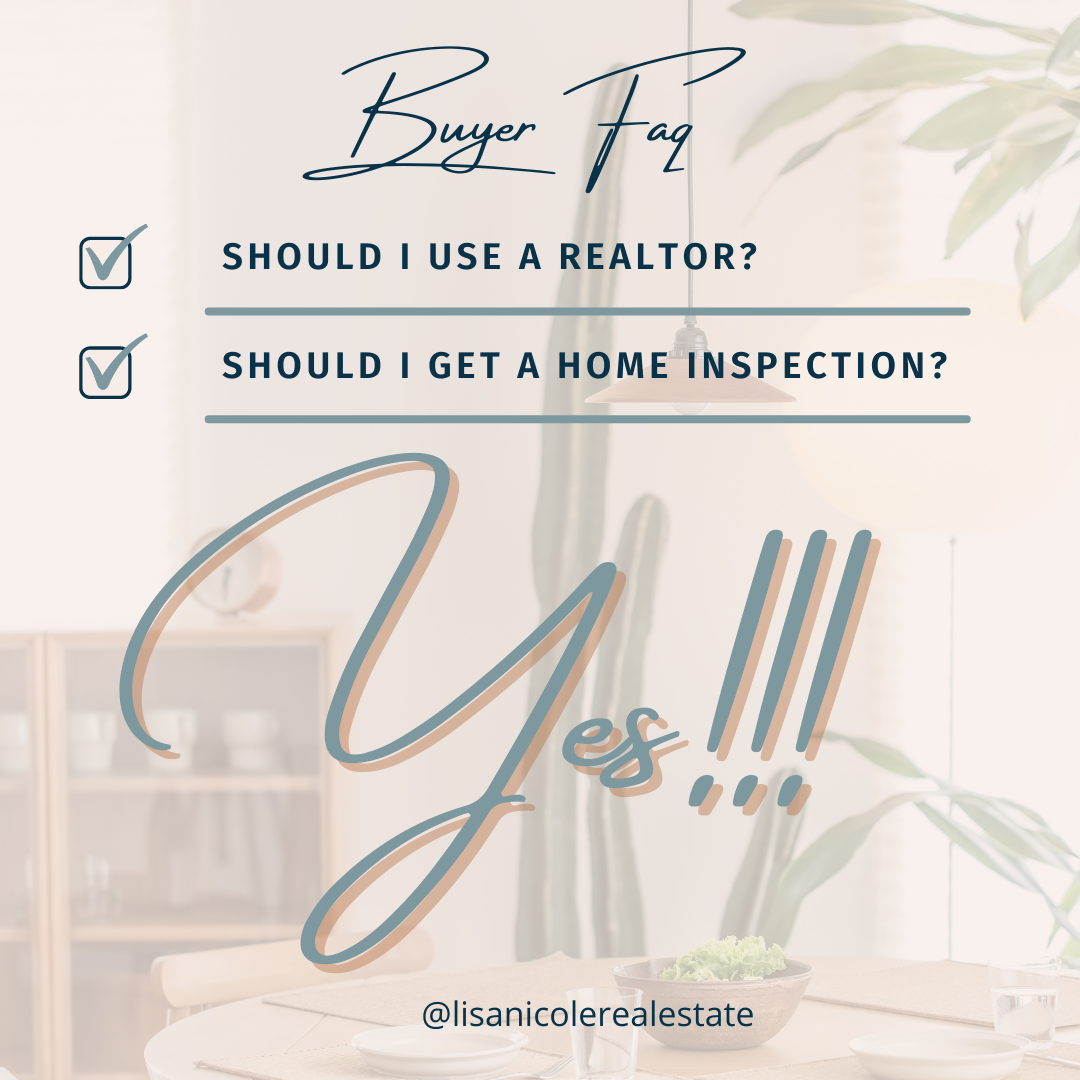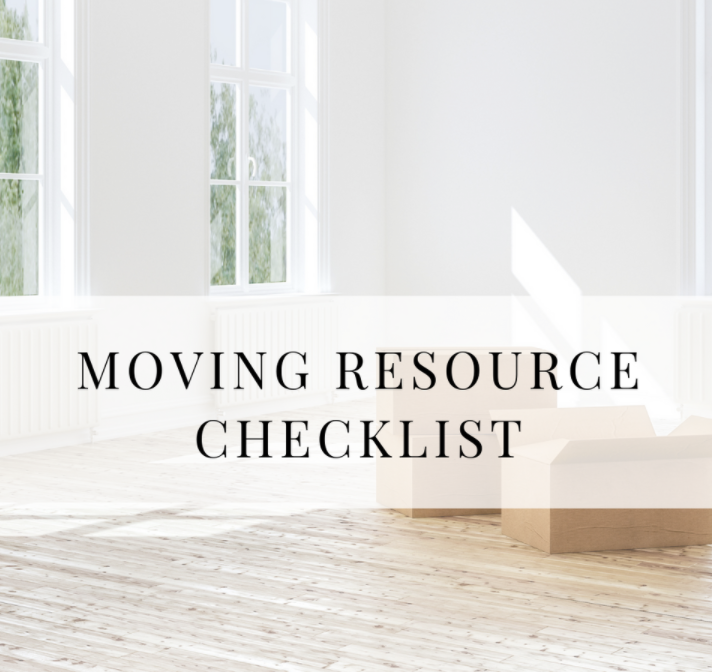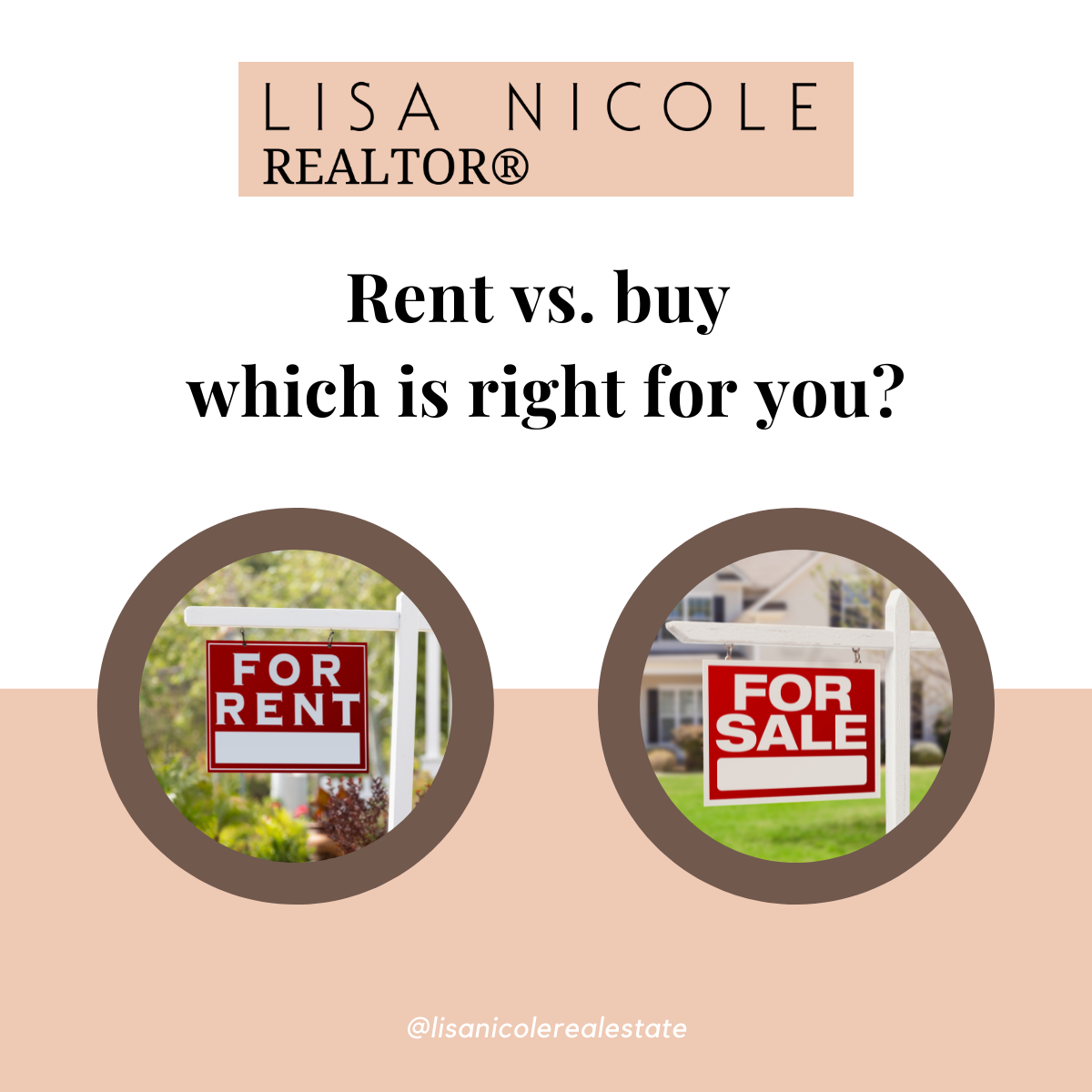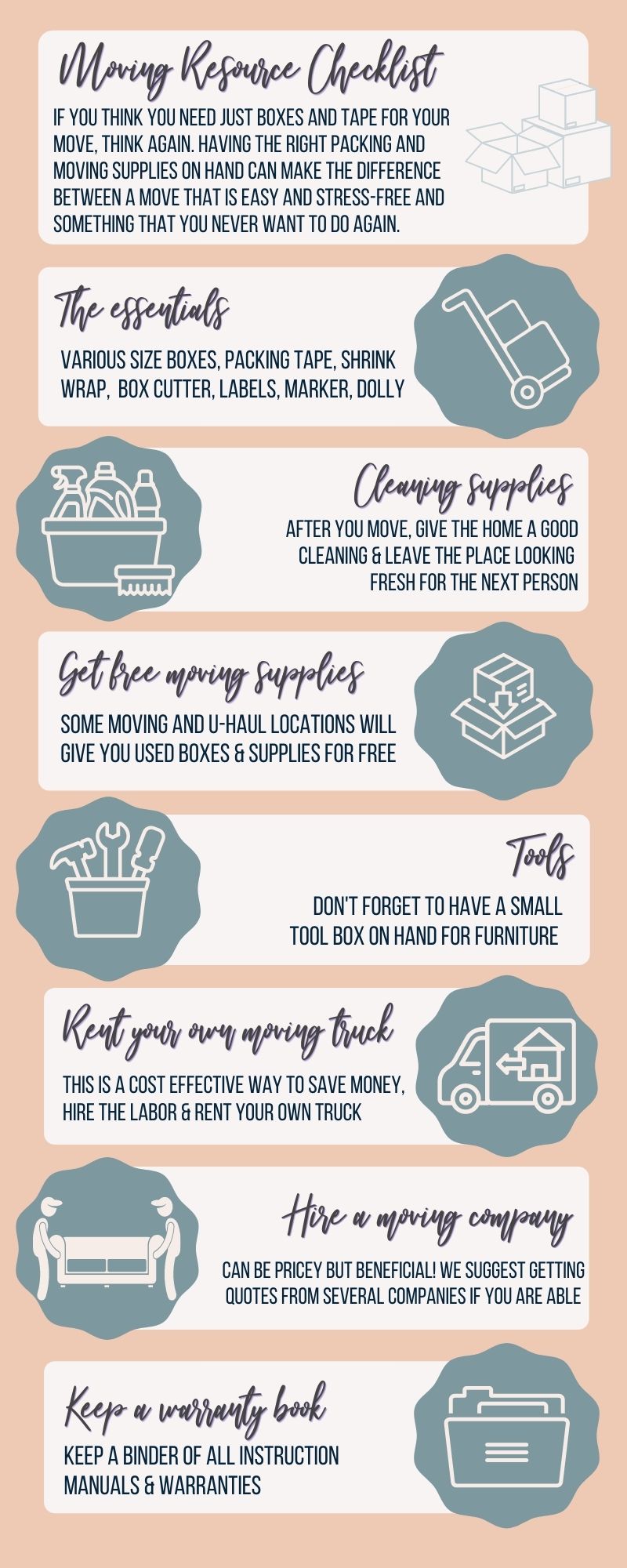Buyer FAQ!


Whether it’s your first time buying a home or you’re a seasoned veteran, the market is always changing. Below, you’ll find buyer frequently asked questions and tips to help navigate them.
Q: What is the very first thing I should be doing before buying a home?
A: Get pre-approved. Many realtors won’t spend time showing you homes if you are not pre-approved. This allows you and your realtor to be clear on what your budget is. A mistake many home buyers make is diving into online realty sites to look at properties before knowing how much home they can buy
Q: Do I have to use a REALTOR®?
A: Simply put, yes. Not only are realtors properly trained, but they will also provide you resources for inspections, mortgage brokers and more. Realtors work with home sellers and buyers every single day; they know exactly what to look for and can prevent you from making a mistake.
Q: How much is a REALTOR® going to charge me?
A: Nothing. All fees are paid by the seller so, in a typical transaction, the commission is split by the seller’s agent and the buyer’s agent. As a buyer, you can have someone work for you at no cost to you.
Q: I already own a home and I need to sell that before buying another. Is that possible?
A: Yes. However, this can sometimes be tricky and your offer may not be as strong. It is possible to have “back-to-back” closings, but all conditions need to be completed in a timely fashion. You must have constant communication between all parties, and organization is a must-have.
Q: Should I get a home inspection?
A: This is always a YES!! Always, always, always, get a home inspection. This is the single “best card in your hand” that will protect you in the purchase of your new home. Even if you’re buying new construction, get a home inspection.
Q: Can I back out of a deal?
A: Once you have a signed contract where all the terms have been agreed upon by all parties, you are bound by a legal document. However, within that contract there are usually several conditions that need to be met first, like a home inspection. You can’t just walk away from the transaction without penalty, but there are safeguards that will protect you. For instance, if you get your inspection completed within the correct time frame in the contract and both parties do not agree on the repairs needed, you can back out of the contract without being penalized.
Q: How long does it take to close on a home?
A: It could vary depending on the situation. Typically, you should be able to close within 30 – 40 days if you have a conventional mortgage. If you are buying a foreclosure, figure on a couple of months.
Q: How much do I need for a down payment?
A: Your down payment depends on what kind of loan program that you use and what type of home your buyings.
- If the purchase price is less than $500,000, the minimum down payment is 5%.
- If the purchase price is between $500,000 and $999,999, the minimum down payment is 5% of the first $500,000, and 10% of any amount over $500,000.
- If the purchase price is $1,000,000 or more, the minimum down payment is 20%.
- If this is a rental home or secondary home, your down payment is 20%.
Q: What is included in the sale?
A: Anything that’s considered a fixture is typically included when purchasing a house — think cabinets, faucets, and window blinds. However, there could be items that you think are included with the home but actually aren’t. The listing description should spell out any exclusions that the seller is not including, but that’s not always the case.
Q: Were there any additions or major renovations?
A: In some cases, property records and listing descriptions don’t always match up. A home might be advertised as having four bedrooms, but one of those rooms may be a non-conforming addition that doesn’t follow local building codes. Find out what major repairs or renovations the seller has done since owning the home and request the original manufacturer warranties on any appliances or systems if those have been replaced. Knowing a home’s improvement history can help you better gauge its condition and understand the seller’s asking price.
Q: How old is the roof?
A: Let’s face it: roofs are necessary and expensive. If a home’s roof is at the end of its lifespan and you wind up having to replace it shortly after move-in, you’ll be shelling out thousands of dollars. Ouch. If the roof has existing damage, your lender may require that it be repaired in order to approve your loan. In other words, if the listing description doesn’t list the roof’s age, make sure to find out ASAP to avoid a costly headache later.
Q: How old are the appliances and major systems?
A: Again, understanding the anticipated lifespan of essential systems and appliances, such as the air conditioner, furnace, water heater, washer, dryer, and stove, can help you anticipate major repair or replacement expenses. If these items are already at the end of their lifespan or near it, ask the seller to purchase a home warranty, which can help cover the replacement costs in certain instances.
Hope that helps! Happy buying!


Moving Resource checklist

Moving resource checklist
If you think you need just boxes and tape for your move, think again. Having the right packing and moving supplies on hand can make the difference between a move that is easy and stress-free and something that you never want to do again.
That’s why we’ve created a list of essential moving equipment that you can refer to as you prepare to move. Our list tells you what supplies you need to make your move manageable and how to use them.
- Various sizes of boxes – You won’t want to overpack heavy items such as books and dishes try to get smaller boxes to fit these heavy items in for easier carrying.
- Wrap cushioning – Many stores like Home Depot sell bulk cushioning for moving
- Packing tape – Use a tape dispenser for easy and quick application
- Utility knife or scissors – tools to unpack your boxes! But it’s also a great idea to have these on hand while you are packing as well
- Permanent marker to mark boxes

- Cargo straps or rope
- Dolly – Perfect for saving trips with multiple boxes and great for heavy items
- Mattress cover – Protects your mattress from the moving truck, dirt, etc.
- A compact tool box – For the pieces of furniture that require disassembling, don’t be stuck without the tools you need
- Small Ziplock bags – These are great for putting screws and small pieces of furniture assembly into so that you don’t lose them!
- Furniture pads and covers – To protect your floors and your furniture from being damaged
- Stretch wrap – Use it to keep drawers closed on items like dressers and nightstands. You can also use it to protect furniture, especially wood pieces, from scratches and other surface damage.
- Large, heavy duty garbage bags – Use these to toss pillows, comforters, and sheets into
- Then use the packed bags to cushion fragile things in a moving truck
- These can also be used for clothing; keep your clothes on the hanger and place a large garbage bag over the clothing, tie the top of the garbage bag around the top of the hangers.
- Cleaning supplies – After you move, give the home a good cleaning & leave the place looking fresh for the next person!
Can I get packing supplies from my moving company?
You might be tempted to get all your moving supplies from a moving company—after all, it’s a one-stop shop with boxes, tape, and everything else you can think of—but you can usually save money by getting the bulk of your supplies elsewhere.
That being said, you can save money by renting some supplies from a moving company rather than buying them outright yourself.
Many stores break boxes down and throw them away, it doesn’t hurt to go to your local beer/liquor/grocery store to ask for any in-tact boxes they may be getting rid of.
Additionally, some moving, and U-Haul locations will give you used boxes for free.
Other things to note when moving:
- Hiring a moving company can be pricey but beneficial
- We suggest getting quotes from several companies if you are able
- Some moving companies will provide the moving labor if you provide the moving truck, for a lot less
- Don’t wait until the last minute!
- Procrastinating when you are making a big move can make it that much more stressful
- Plan ahead if you need to, make lists, and try to stay as organized as possible
- I suggest keeping a binder of all instruction manuals, warranties etc. to pass off to the next homeowner/start one of your own for your future home.


Rent vs. buy (which is right for you?)


Rent vs. buy (which is right for you?)
Renting vs. buying a home is a big decision, and there are pros and cons to each option. Here in the Kootenay’s we have almost a 0% vacancy rate and rental rates are high!
Pros of Renting:
- Fewer upfront costs and paperwork
• Freedom to be more mobile
• Not responsible for maintenance, repairs
• No need to worry about falling home values
• Build credit (if your landlord reports rent payments to the credit bureaus)
• No property tax bills
Pros of buying:
- May build equity and credit
• No landlord to answer to
• More stability (especially with schools)
• Possible tax benefits
• Can improve or upgrade home to your taste
Cons of renting:
- Landlord can raise rent or sell the property
• Choices may be limited depending on vacancies
• Might have to move multiple times
• Don’t build equity
• No tax benefits
Cons of buying:
- Requires substantial money, paperwork upfront
• Could lose money if home values decline
• Extra expenses beyond mortgage payments
• Rising home prices and low inventory in many markets
• Responsible for repairs, remodeling
Is buying cheaper than renting?
There are different costs associated with renting vs. buying, and they depend heavily on where you live and the local housing market. Using a rent vs. buy calculator can help you break down some of these expenses.
Most rental properties require a security deposit, for example, which protects the landlord against damage caused by the renter. You’ll usually put down the first and final month’s rent payments when you sign a lease. When evaluating a lease contract, ask if your monthly rent includes utilities such as water, electric, gas, cable, or internet.
For homebuyers, one of the biggest costs of homeownership is your monthly mortgage payment, which includes the loan’s principal and interest. Your payments can go up or down over time if your loan is variable-rate or your property taxes or homeowner’s insurance premiums change.
Having a sizeable down payment — anywhere from 5 percent to 20 percent of the home’s purchase price — is expected. If you put less than 20 percent down, your lender will typically require you to purchase private mortgage insurance, which can drive up your monthly payments, too.
During the home-buying process, the buyer will need to pay for a home inspection and possibly any quotes for repairs needed from contractors. They will also put down at least 1 percent of the sales price for earnest money/deposit.
As a homeowner, be prepared as well for some of the hidden expenses that come with homeownership that catch many first-time homebuyers off guard and may lead to buyer’s remorse.
If you’re purchasing a strata, you’ll also need to factor in monthly Strata fees, which can cover services like landscaping, exterior maintenance, and community amenities.


%20Ltd_Gold.png)
 Facebook
Facebook
 X
X
 Pinterest
Pinterest
 Copy Link
Copy Link

